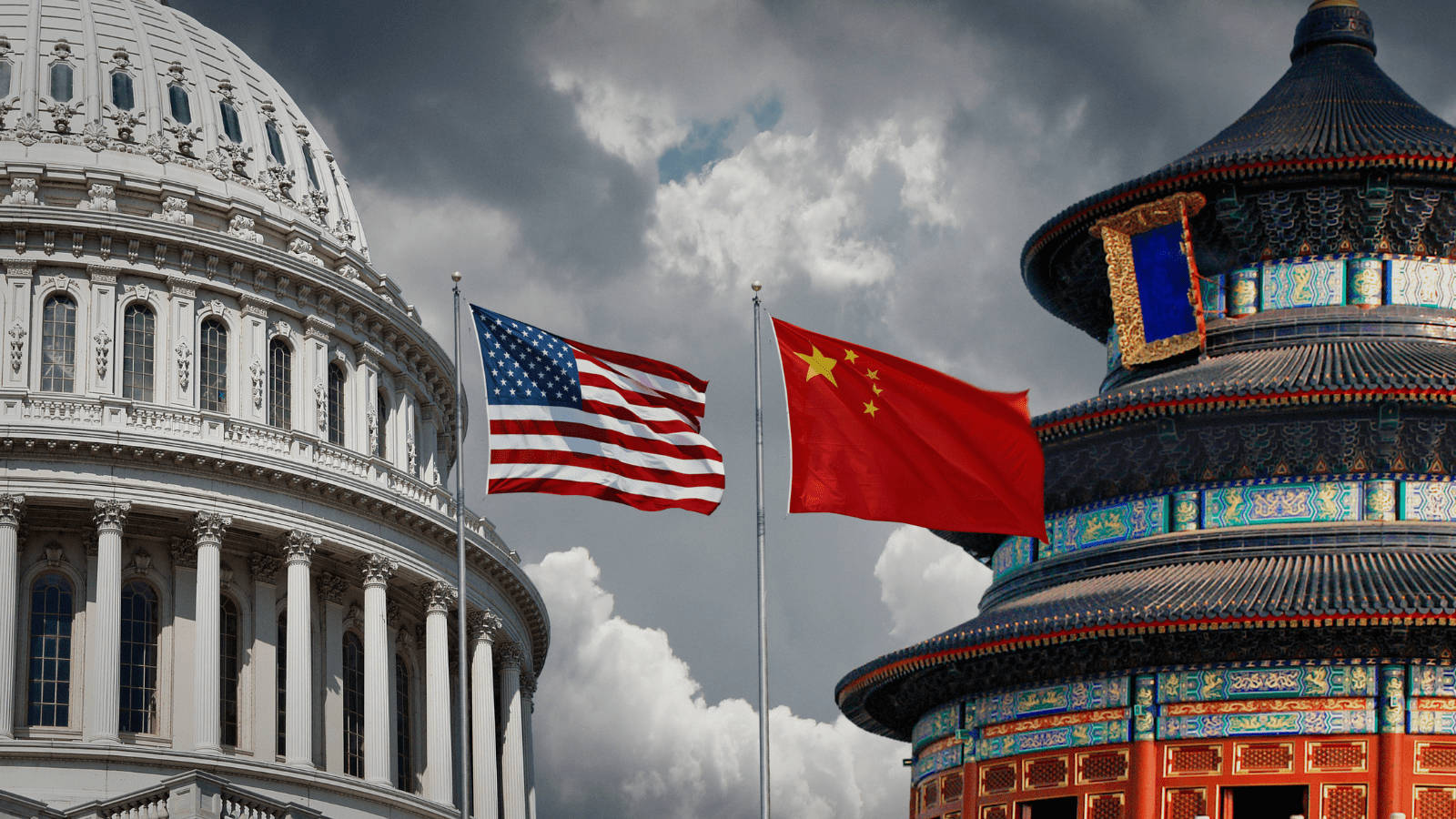
Slim Pickings Following US National Security Advisor’s China Trip
(Germany) on 30 August 2024
by Martin Benninghoff (link to original)
Putting all the friendly rhetoric to one side, if China and the United States continue on their current diplomatic path, the recent decade of intense rivalry will be followed by a decade of ever more rapidly escalating cycles of hostility. There is every indication that both parties are fixed in an increasingly antagonistic and implacably hard-line pattern of relations.
Each party’s strategic interests are diametrically opposed to the other's. U.S. National Security Advisor Jake Sullivan’s trip to Beijing last week proved the point again: Beijing may be an amicable host, but it is also an intractable one. The Chinese state holds firmly to an array of red lines that it will not countenance being crossed.
On the Taiwan question, it is clear China will not mollify its stance vis-à-vis the island nation it designates a secessionist territory. As such, the primary goal of U.S. diplomacy cannot go beyond averting a Chinese military attack and maintaining the status quo. Admittedly, it is also doubtful whether a future U.S. President Donald Trump would remain as staunchly committed to Taiwan’s cause.
Confrontation Also Looms Large over Economic Relations
The economic picture is just as gloomy. China’s advancement in key industrial sectors, underpinned by large-scale state investment, will continue, while the U.S., for its part, will not halt its efforts to hinder China’s military and economic development whenever possible. A future U.S. President Kamala Harris would continue to pursue Joe Biden’s China policy agenda, and further restrict exports of high-performance semiconductors. Export surpluses have the potential to become a major source of conflict. This holds equally true for U.S.-European trade relations.
The two ideological systems are irreconcilably at odds with one another where human rights policy is concerned. The Middle East and South China Sea are further arenas in which the parties’ geopolitical interests diverge widely. The war in Ukraine may be the only policy theater that offers some limited scope for maneuver. Although China benefits both strategically and economically from Russia’s aggression in Ukraine, it does not want the conflict to become open-ended.
In spite, or perhaps precisely because of the above, it is imperative that each side seeks to bolster its engagement with the other. Telephone calls between President Biden and Chinese President Xi Jinping are significant, if only because they send a positive message about engaging with the United States down the ranks of the Chinese political system.
In the end, all that remains is goodwill. The fact that Sullivan was afforded an audience with China’s political top brass confirms China’s interest in maintaining an ongoing dialogue with the United States, not least because of the recent more challenging economic conditions inside the country. One should not expect too much to come out of such talks, however. Shows of friendship can be a sobering sight if they are not backed up by much real substance.
